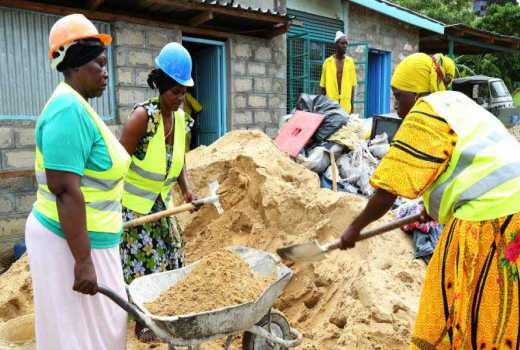×
The Standard e-Paper
Join Thousands Daily

The move by President Uhuru Kenyatta to demand that 30 per cent of all State tenders be given out to youth, women and people with disabilities (PWDs), seems to have become an avenue for a few to make a kill out of offers meant for the vulnerable.
In 2015, even after Senator Johnson Sakaja came up with a Bill that amended the Public Procurement and Asset Disposal Act to create the Access to Government Procurement Opportunities (AGPO), more needs to be done.